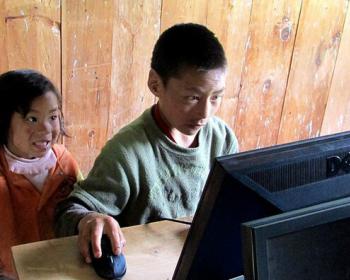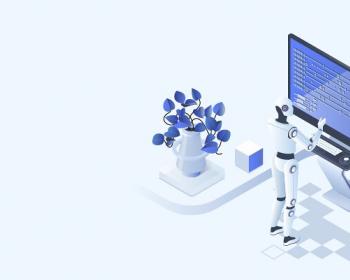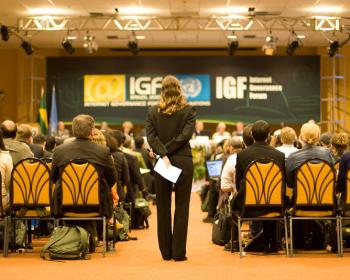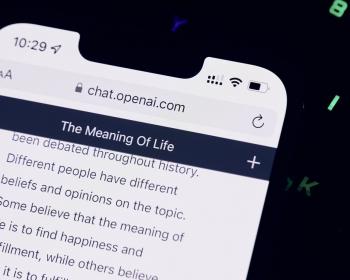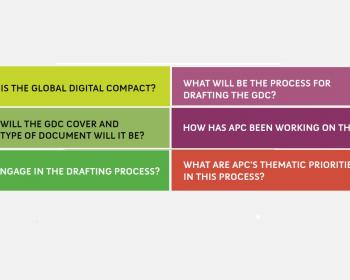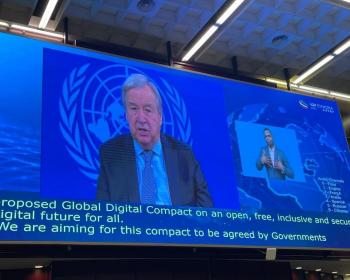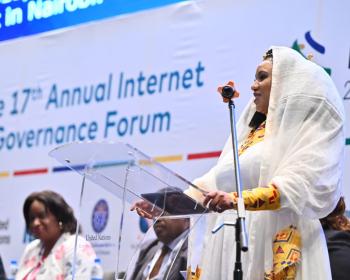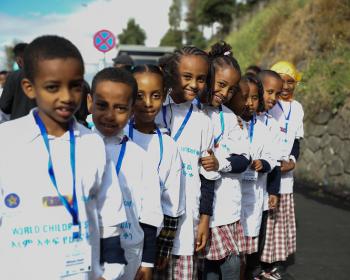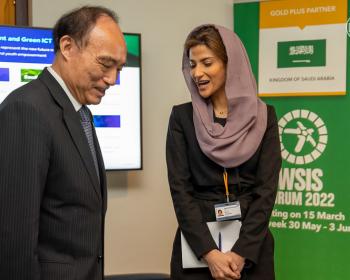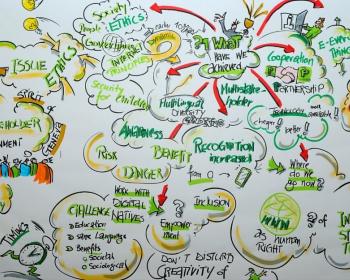World Summit on the Information Society
Following a series of proposals from the United Nations, our columnist considers the future of internet governance, its changing context and principles for how to think about it all.
For decades science fiction has alarmed us with the idea that AI will become much smarter than us and take control. Our columnist unpacks the issues of AI's uncertainty, common good, regulation and governance.
How did the world begin to establish the internet's basic governance rules and try to enable universal access? Carlos Afonso, director of Nupef and co-founder of APC, offers a historical look at the uneven global internet governance movement, from the 1998 International Telecommunication Union (ITU) meeting to the first World Summit on the Inform...
New applications like ChatGPT based on AI and large language models are likely to be transformative, a step change in technology like the internet was 30 years ago, but much faster. The technology is now out of the bag and can't be uninvented, and we should move swiftly to figure out its implications, deployment and governance.
This introductory brief produced by APC seeks to provide civil society organisations with an initial understanding of the strategic relevance of engaging in the UN-led Global Digital Compact process by developing inputs based on a long-term vision for what we want the internet to be.
The UN Secretary-General’s proposal for a Global Digital Compact responds to the evolution of the digital environment since WSIS. Our columnist offers some thoughts on the Compact's value, challenges and how to improve its chances of better outcomes.
The annual Internet Governance Forum's beauty of being non-hierarchical is also its weakness, and the author from APC network member CITAD gives his impressions and analysis of what worked and what could have been better at the latest edition held recently in Ethiopia.
Our columnist writes about how advocates for children’s rights online can build leverage in the digital community and in the United Nations. This post is derived from a presentation at the 2022 conference of The Association of Internet Researchers, and is co-published with the LSE Media and Communications blog.
Our columnist reflects on what has happened since the first World Summit on the Information Society (WSIS), how we might review the past and look forward in hope and trepidation at the future as we approach its 20-year review in 2025.
A new paper says that the internet and its governance is now suffering from resistance to change, paranoia and a lack of strategic direction and accountability, among other problems. Some thoughts and critiques on the paper's conclusions and recommendations, as well as three ideas that it misses.

Association for Progressive Communications (APC) 2022
Unless otherwise stated, content on the APC website is licensed under Creative Commons Attribution 4.0 International (CC BY 4.0)



